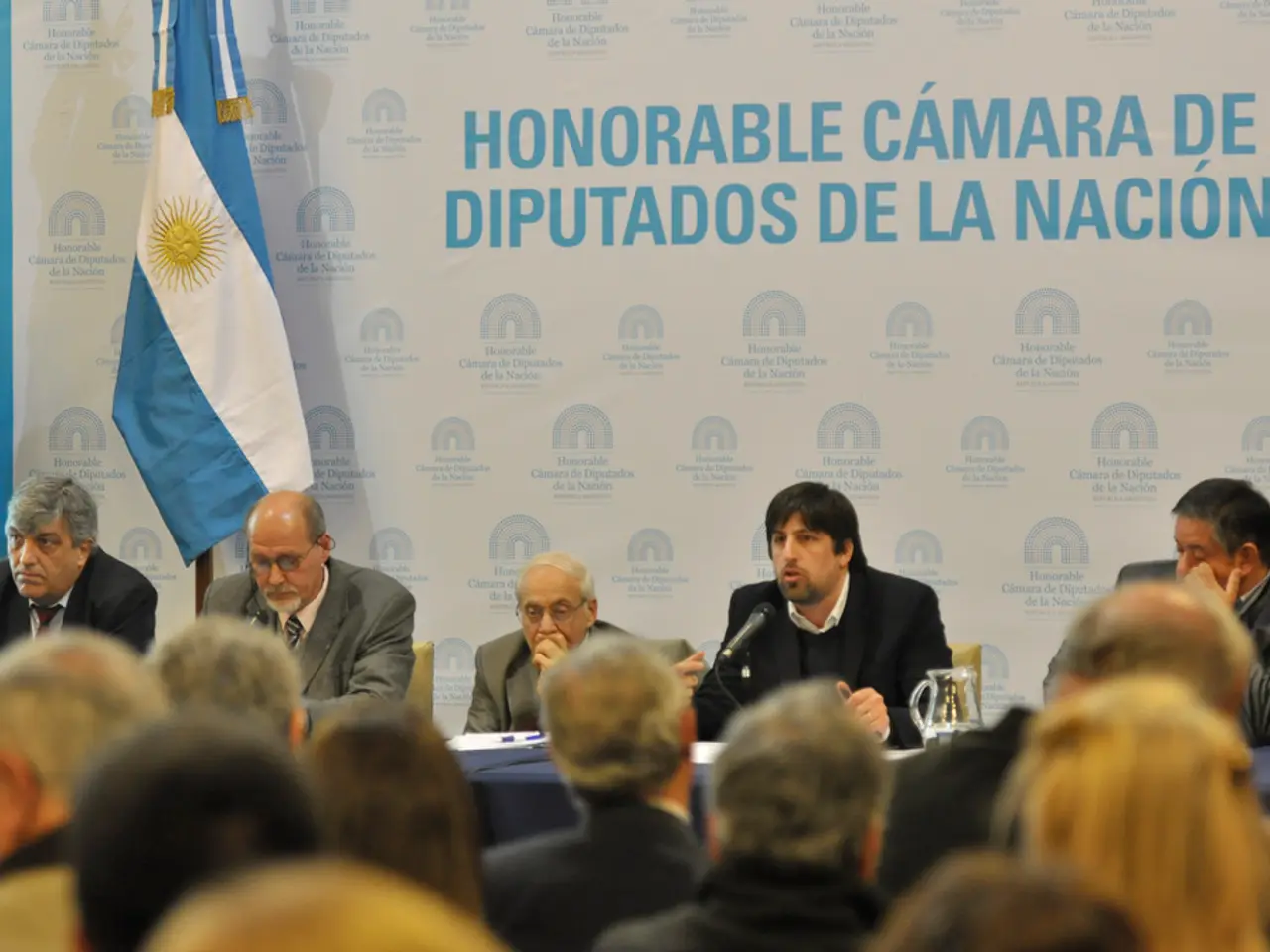Hospital Drama Leads to Potential Imprisonment for Ex-Thai PM Thaksin
Thaksin Shinawatra, the former prime minister of Thailand, returned to his homeland on August 22, 2023, after more than 15 years of self-exile abroad. His homecoming has sparked a wave of anticipation as the Supreme Court prepares to rule on a high-profile case involving him.
Thaksin's sentence, stemming from three cases, was initially eight years in prison. However, he was granted royal clemency, reducing his sentence to one year. The validity of King Maha Vajiralongkorn's royal pardon for Thaksin, related to the "14th Floor" hospital case, is under scrutiny by the Supreme Court or relevant judicial authorities in Thailand.
The key issue for Thaksin is whether he will be required to return to prison. If the court finds wrongdoing, it's possible that Thaksin will serve the remainder of his sentence in prison. The extent of unserved sentence would depend on the court's interpretation. Jade Donavanik, a legal scholar, suggests that the court could determine that Thaksin's sentence has not been properly enforced, potentially reinstating the original eight-year sentence if fraudulent claims were made in his petition for royal pardon.
Thaksin served his prison sentence on the 14th floor of the Police General Hospital (PGH) in a premium ward. His transfer to the PGH on August 22 was due to his serious health issues, as stated by the Department of Corrections. Thaksin claimed he was travelling for medical treatment in Singapore, but his flight was rerouted to Dubai due to delays at Thai immigration and the closing hours of Singapore's Seletar Airport.
Thaksin's return has stirred debate about whether he received special treatment when he was granted parole last year. Wanwichit Boonprong, a political analyst, believes that the court ruling will not favour Thaksin, and the likelihood of Thaksin escaping the "14th floor case" is very slim.
The political impact of the ruling is unlikely to directly affect the broader political landscape. However, it could potentially shake up the Pheu Thai Party, especially if Thaksin is ordered back to prison. Such a development could earn him sympathy or renewed support from those who still admire him or remain loyal to the Pheu Thai Party.
If the court rules that Thaksin's sentence was not properly enforced, civil servants involved, such as the hospital director, doctors, and nurses, could face legal consequences. The primary charges for these civil servants would likely fall under Section 157 of the Criminal Code, relating to dereliction of duty or misconduct in office. State officials involved in the case would face criminal penalties if found guilty, primarily imprisonment.
If Thaksin personally appears in court on the day the verdict is handed down, it could reflect his mental resolve and willingness to accept the outcome. Thaksin's presence in court could also serve as a powerful symbol, potentially swaying public opinion in his favour or against him.
As Thailand awaits the Supreme Court's ruling, the nation holds its breath, watching closely to see how the saga of Thaksin Shinawatra unfolds.
Read also:
- Tobacco industry's suggested changes on a legislative modification are disregarded by health journalists
- Trump's Policies: Tariffs, AI, Surveillance, and Possible Martial Law
- Uncovering Political Ad Transparency: A Guide to Investigating opponent's Political Advertisements in the Digital Realm
- Elon Musk praises JD Vance's debate performance against Tim Walz








